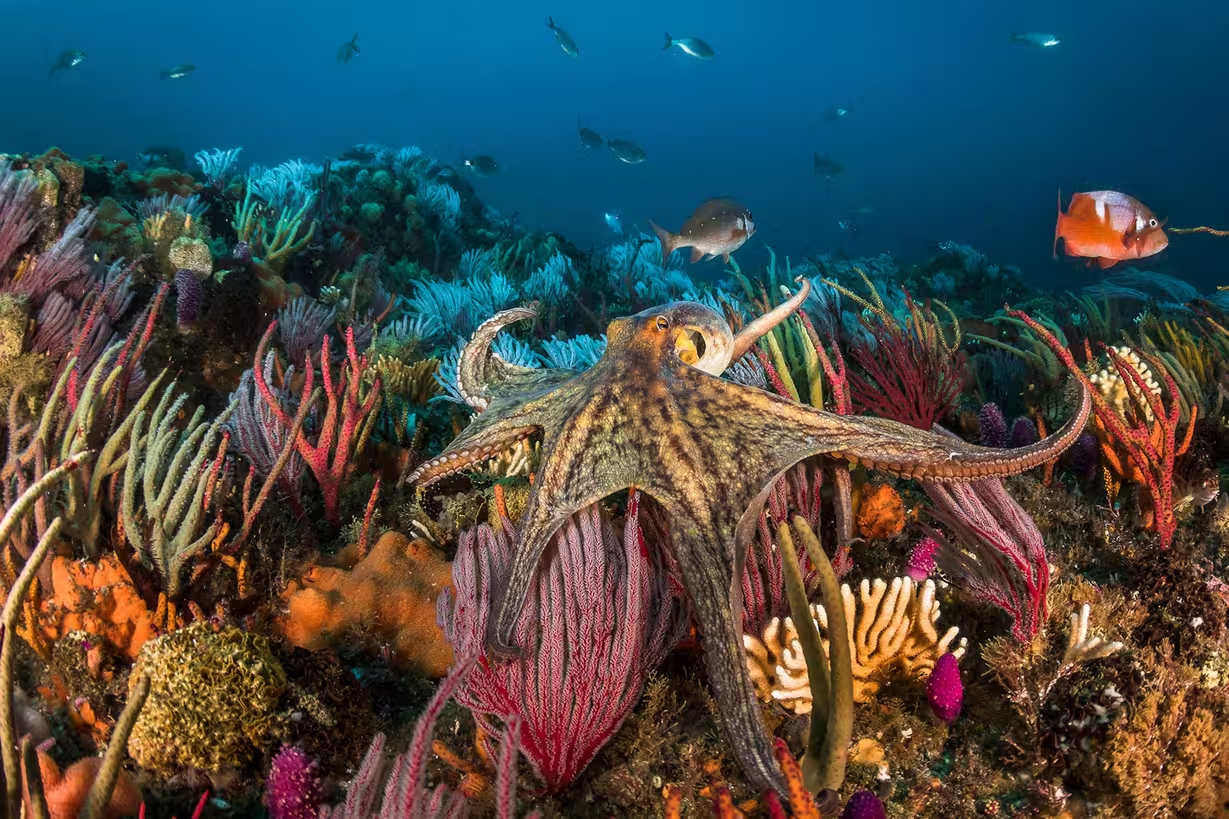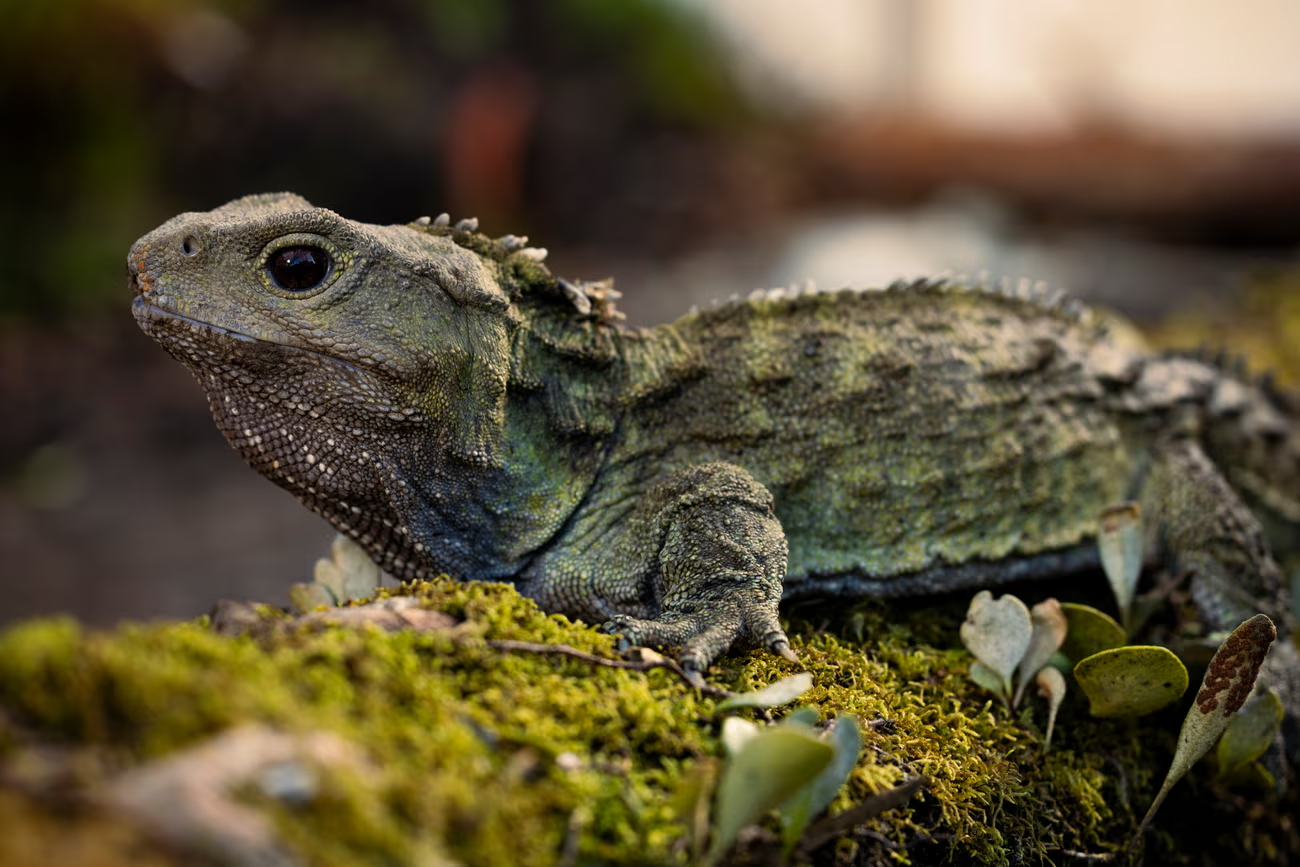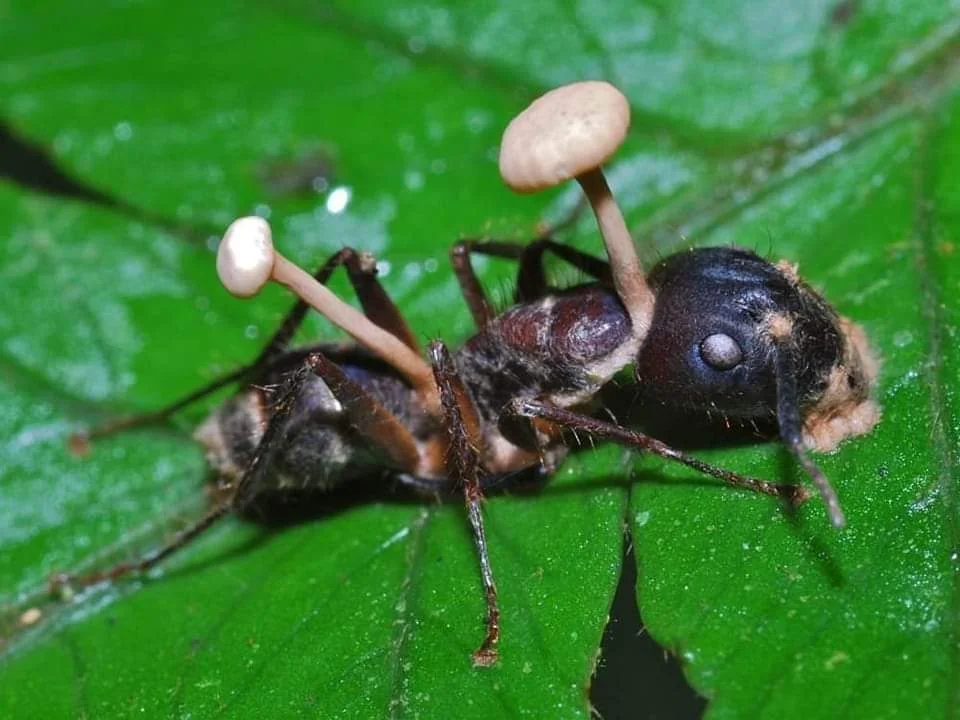Previously, researchers believed octopuses hunted alone and that fish came by to pick up any leftover scraps — but new research reveals a much more complex operation.
Octopuses off the southern coast of Israel have formed a fascinating bond with the local fish population, and the two species are now teaming up to track down prey. This strange collaboration has already proven to be beneficial to each aquatic creature, enabling them to hunt more effectively than they could alone. In an even more surprising display, octopuses have also been seen punching or pushing away fish in the hunting group that are seemingly not carrying their own weight, according to a new study.
The Unlikely Hunting Alliance Between Fish And Octopuses
Octopuses normally hunt alone, which makes this new research all the more surprising. However, video evidence captured by divers off the coast of Eilat, Israel, shows undeniable proof of this hunting tactic. The results of the new study were published in Nature Ecology & Evolution, highlighting the remarkable social adaptation of all the species involved.
“The octopus basically works as the decider of the group,” the study’s lead author, Eduardo Sampaio, told Nature News. “There’s a sign that some cognition is occurring here, for sure.”
Sampaio noted that previous research identified that octopuses would sometimes be seen foraging alongside fish, but the exact nature of that relationship was unclear.
Now, however, with 120 hours of footage at their disposal, Sampaio and his colleagues have been able to observe and document how this fascinating social dynamic plays out. In their recordings, they captured 13 instances of group hunting between big blue octopuses (Octopus cyanea) and different fish species. Typically, these hunting groups preyed upon mollusks or smaller fish.
Sampaio explained to NPR that before this study, researchers assumed octopuses did most of the work and that nearby fish were simply eating any scraps. However, it seems the situation is far more complex.
“I immediately understood that these groups weren’t just following the octopus around because you could clearly see they move in a stop-and-go pattern,” Sampaio said. “And once this stopping occurs, there’s always fish that start to go around looking for prey.”
As it turns out, fish aren’t following octopuses around hoping to catch stray prey — they are actually scouting the region for the octopuses and reporting back to them.
“The fish explore the environment,” Sampaio said. “They find the prey. And then the octopus chooses between the options that the fish give — and it moves there, flushing out prey. Then, the whole group moves with the octopus.”
In fact, there is some irony in researchers’ previous assumptions that fish were freeloading off the octopus, as this new research makes it very clear that mooching isn’t tolerated in these groups.
Octopuses Don’t Tolerate Freeloaders In Their Hunting Groups
The group hunts are beneficial for octopuses and the fish that accompany them, especially since they enable fish to track down prey they would normally be unable to pursue without arms to pull the food source out of crevices in rocks and reefs. However, any fish hoping to hang back and let others do all the work better think again.
During their observations, Sampaio and his colleagues noticed that octopuses would punch fish out of the way if they weren’t pulling their weight or tried to mooch off the party. In particular, they noticed this behavior with blacktip groupers that regularly waited off to the side, hoping to grab a bite to eat without putting in the work.
Sampaio also noted that octopuses would punch fish if the hunting group was at a standstill for too long. “And then this creates more movement in the group, and then the octopus stops punching.”
Interestingly, the fish never attacked the octopus back, as if they had some understanding that if the octopus were to go away, then they would, in turn, have less to eat. Sampaio also expressed interest in studying whether octopuses are able to recognize individual fish that have previously exhibited opportunistic traits.
Still, the new research is rapidly changing researchers’ opinions on the ability of fish to engage in cross-species social scenarios. “This type of very complex dynamics that we think only emerged in complex societies,” Sampaio said, “we can find this in the wild, even between animals that are not related.”




